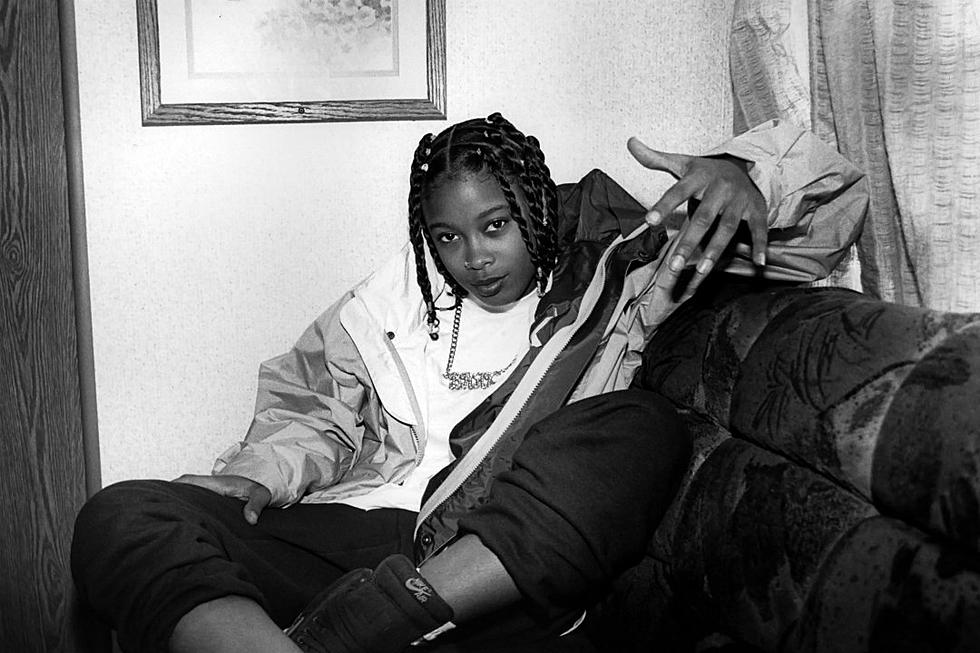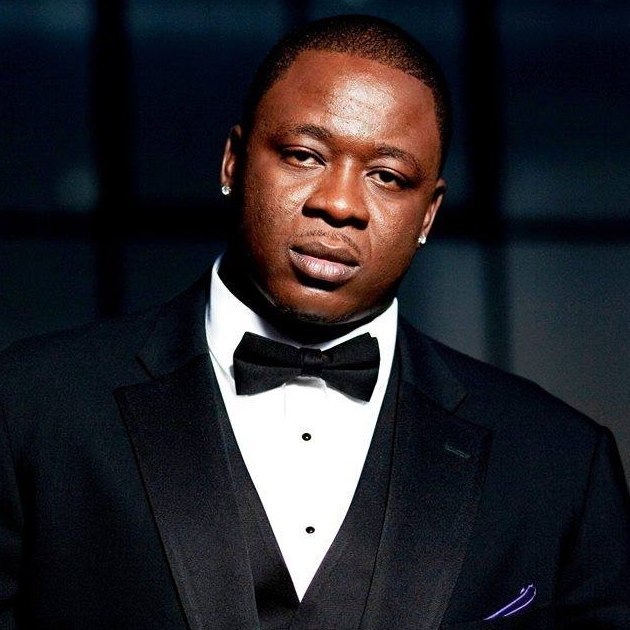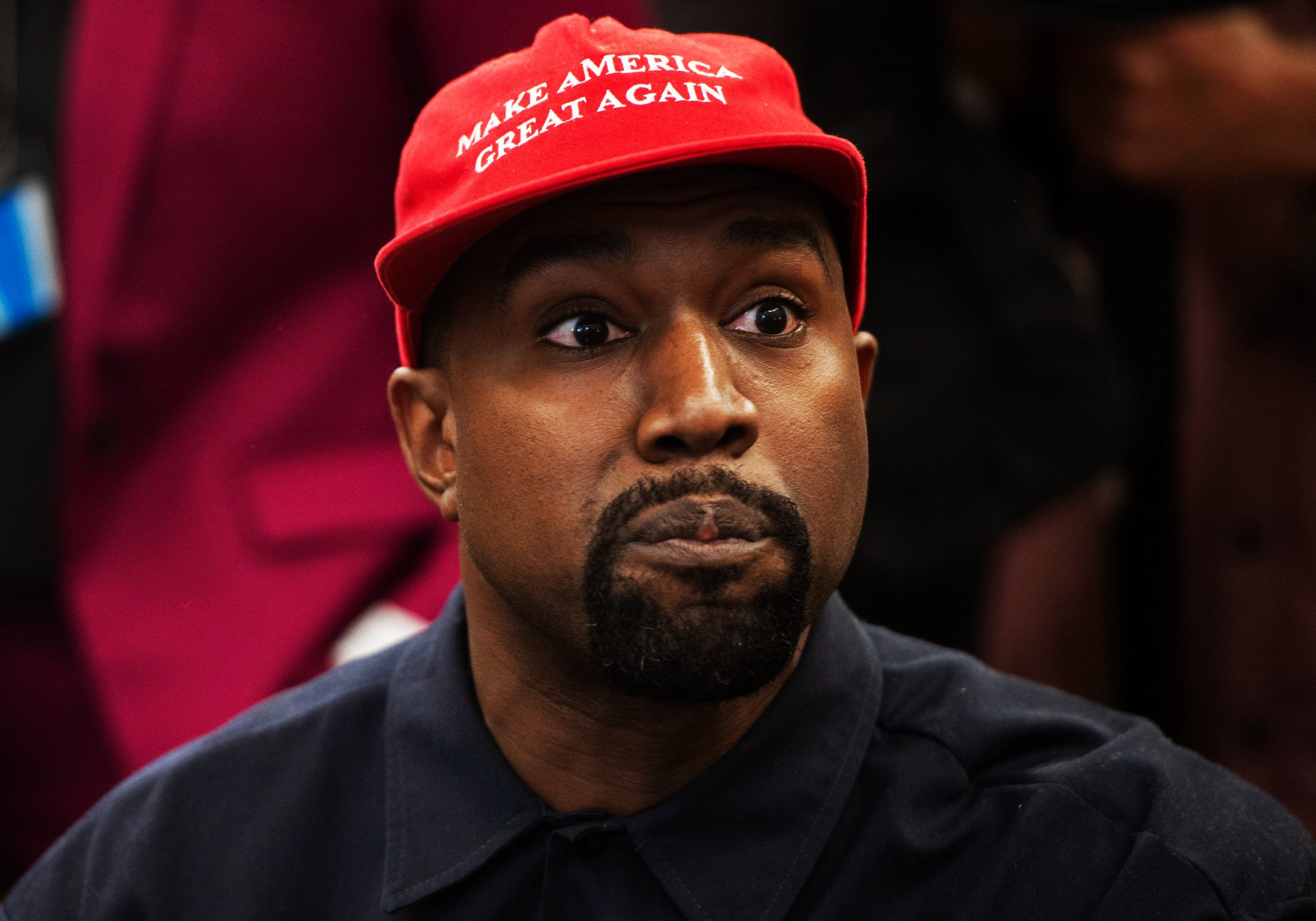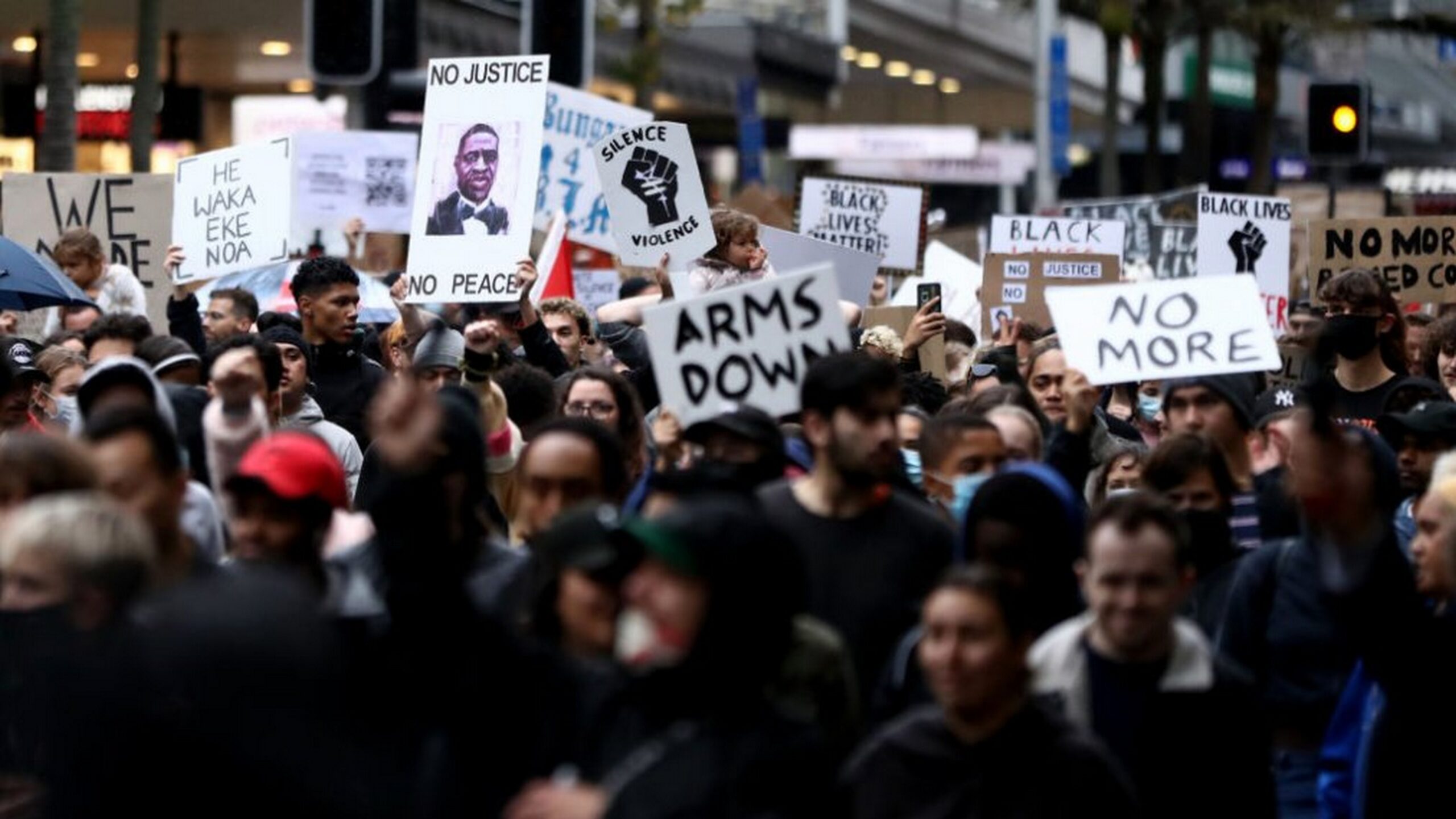Let me mansplain a bit. You write, compose, produce, promote, and distribute your work as an independent artist. In doing that, many backstabbers will interpret it as “showing off” or “little dick energy.” Critics will persuade the public to judge the message or the image you represent. Let’s assume this recording artist is an independent Emcee. This musician starts by coming up with the concept or theme of their songs. She or he then writes and performs the rap lyrics for them. Then they either produce their beats (instrumental) or work with a beatmaker or Deejay to actualize the songs’ vibe. A good Hip Hop album should have at least nine to eighteen songs.
So let’s say this independent Hip Hop musician is ready to record…
Each song consists of three powerful rap verses, sixteen bars long, with a hook. Every piece is often at least two minutes long but at most five minutes. In addition, the Emcee can also feature another rapper, singer, or performer in his songs. The Emcee’s style, image, and work must be of his or her original creation. That’s the basic framework of this business model, which some backstabbers might dismiss as “showing off when you have nothing.” When the Emcee takes these initial steps, his rap lyrics make up 50%, while the beat or instrumental maker part makes up the other 50%. The lyrics plus the instrumental composition integrate to form the whole piece.
You could further break down these percentages if other rappers, musicians, composers, and beatmakers have contributed creatively to the song. Some of the cheapest featured artists charge as little as $6,000 before appearing on a piece, understanding they will receive royalties if the music becomes a hit. So let’s say this independent Hip Hop musician is ready to record their mixtape or album. This musician must rent a professional recording studio with a competent sound engineer. She or he must also hire an entertainment lawyer. That is to protect themselves from those who may try to claim the musical works or the master recordings—the Masters’.
The lawyer drafts contracts between the Emcee’s record label, the beatmaker/s, and all the artists involved in the project. Plus, another agreement between the independent record label and the recording studio where the Emcee will record her or his album. The biggest fuss in the contracts her or his lawyer draws revolves around how much the Emcee should pay the studio and who owns the master copy. Some of the cheapest rates for those attorney services could be anywhere from $150 to $300 an hour. Remember that this Hip Hop musician has also incurred other administrative costs to register their independent record label with the government.
The Emcee brings copies of these instrumentals to the studio technician…
Publishing, streaming, synchronization, or other copyrights to that album exist. The recording studio could refuse to sign an ambitious contract that bars them from further claims to the album after completion. Why is that? Because if the album should be a hit, the studio might want to claim a few percent of the revenue generated. Since the Emcee’s independent record label isn’t Universal, Sony, or any major record label, her or his interests could be at the detriment of losses. Let’s say the recording studio negotiates a watered-down contract with the Emcee in which they record her songs hourly. Some of the lowest rates would be $100 an hour.
The Emcee has eighteen songs planned for this project. Let’s assume the beatmakers have already created the instrumentals in their home studio. The Emcee brings copies of these instrumentals to the studio technician and spends at least three hours recording each song. He pays the studio $5400 to record and edit his and the featured artist’s vocals over the eighteen instrumentals. Mixing the album costs $18000 as the studios charge the artist $1,000 to incorporate each piece and $10,000 to master the entire album they’ve recorded and mixed. This musician must shell this money out to obtain the complete Master copy. Its total cost is at least $33,400.
That expense does not include attorneys’ fees, graphic design costs, music videos, outfits, models, travel and lodging, food, beverages, advertising, security, distribution, or other expenditures while working on this project. Independent musicians turn to smartphones and social media to promote their lifestyles. That builds their image to reach the public in hopes that they will support them. The most outspoken ones in public only care if the musician is with a major record label. However, that label would earn the lion’s share of the artist’s earnings. In most cases, some in public don’t show much appreciation unless that rapper is tragically shot and killed.
Instead, the backstabbers could second-guess or use the musician’s lyrics and online posts against him or her. They may also move to undermine the Emcee’s progress by humiliating her or his followers or sponsors. That’s when they criticize the Emcee’s display of wealth as illegally obtained or his or her cry for attention as “little dick energy.” Most Hip Hop musicians are multi-talented with other skills in acting or music production. They have released more than five or more albums during their career. They also engage in other business ventures such as investments, restaurants, clothing, sneaker stores, self-published writings, alcohol, stores, etc.*








